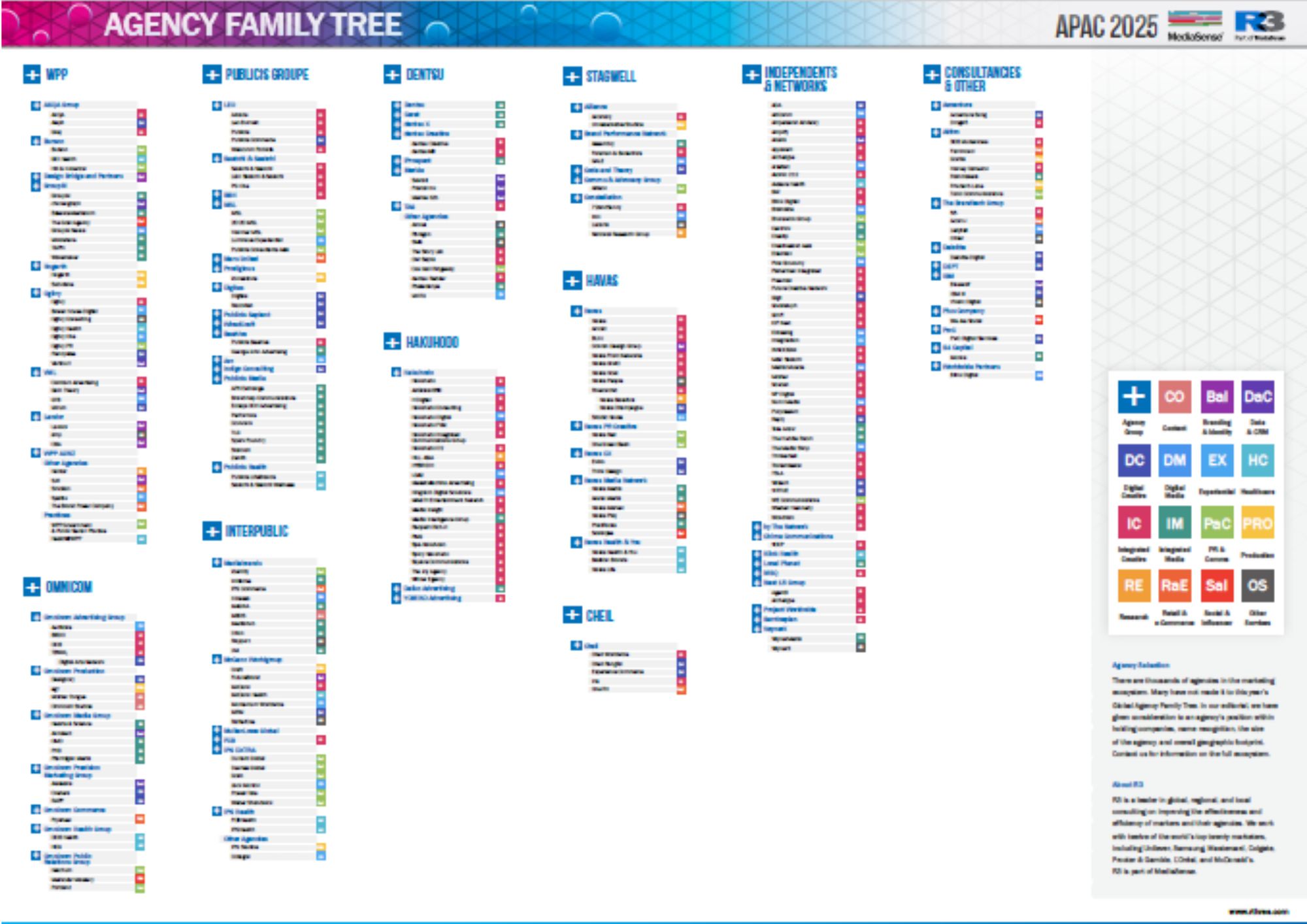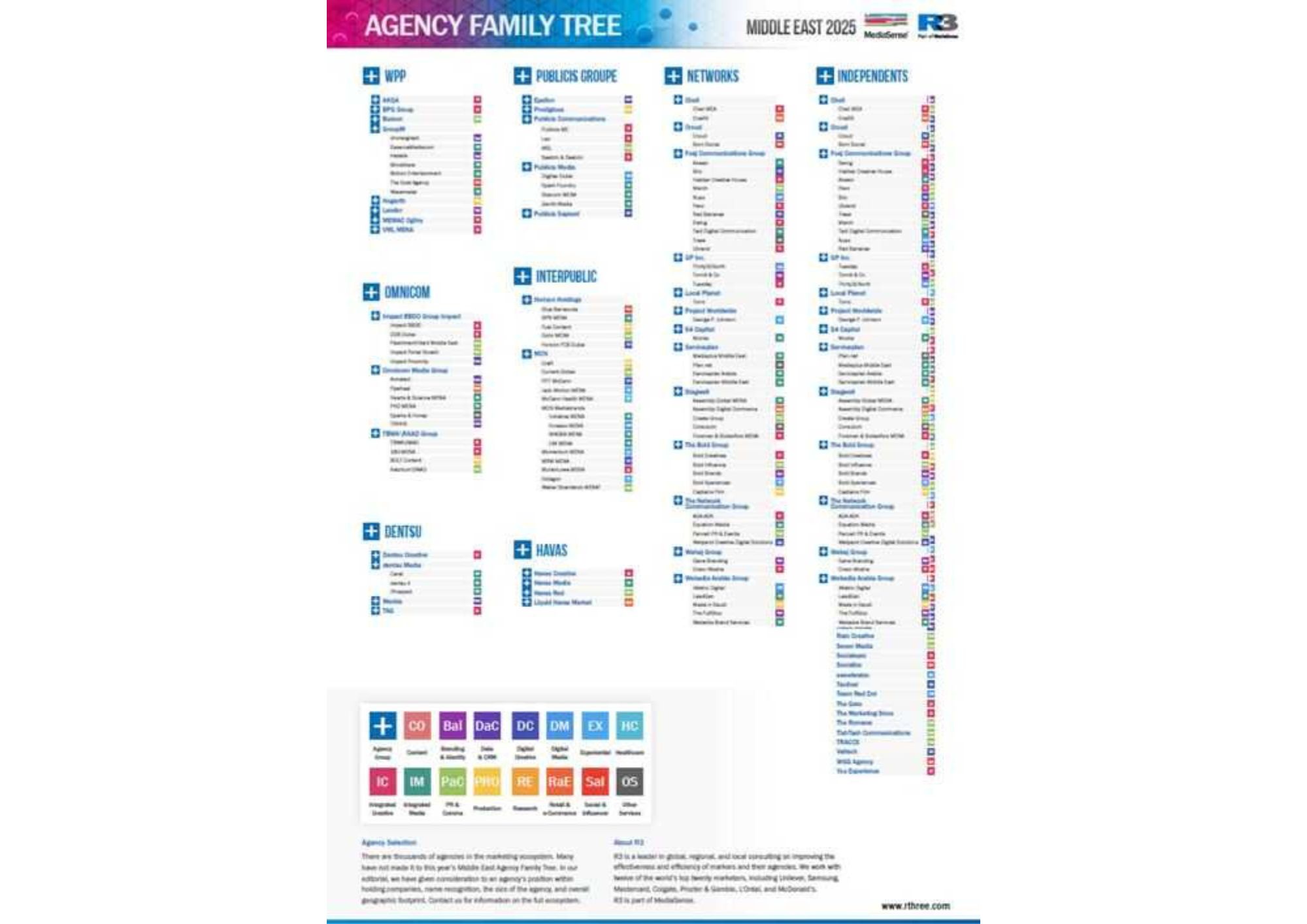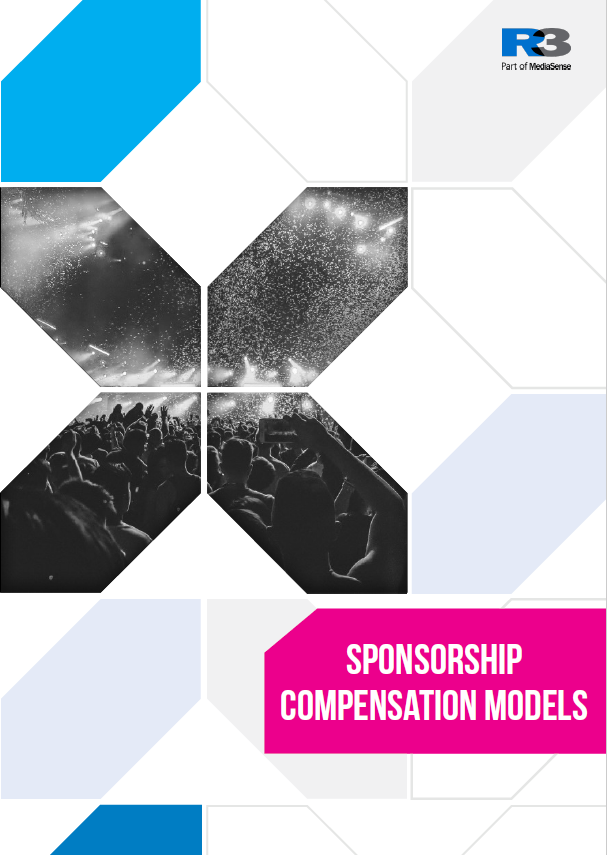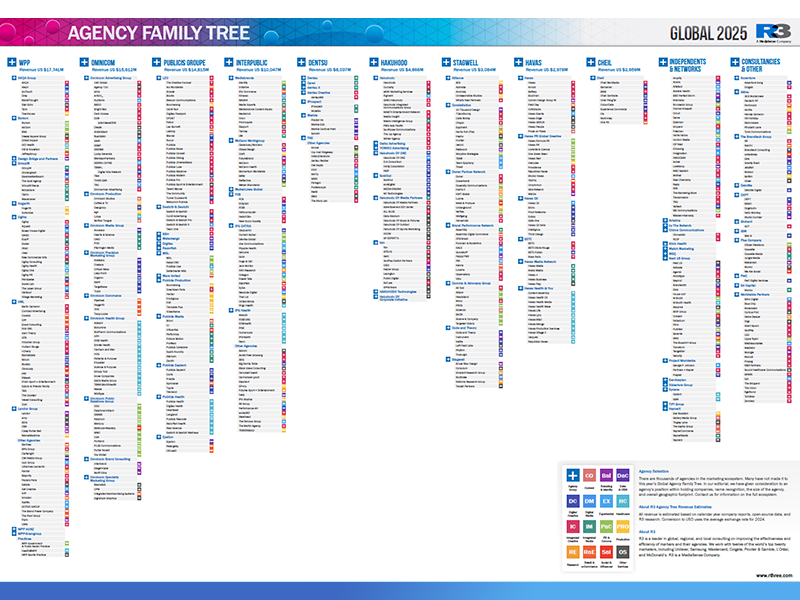
Top Asia Pacific marketers from Subway, Mastercard, IBM and Marina Bay Sands gathered alongside R3 and Mediacorp this week to discuss what the challenges were in strategising and executing digital transformation plans.
The panel was organised around the release of a book by R3 ‘Asia CMO: driving brand growth’, which revealed data, including that the top issue keeping Asia-based marketers up at night was staying ahead and taking advantage of digital technology (24.1%).
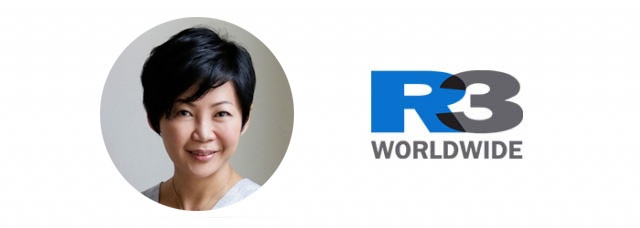
Shufen Goh, author of the report and principal at R3, said at the event in Singapore: “Marketers are not spending enough time inspiring and getting the right stakeholders along in the transformation. It is not just about the team. Most important internally is the CEO; you need to convince your boss [that] marketing is important, then you need to get IT, customer services and sales all on side and show that marketing plays a crucial role in the business success.”
The data was supported by the views of the panel, who were all at different stages of their own digital transformation journeys.
Even at IBM, a company that is built on innovation, the brand has a challenge in keeping up to speed, as well as trouble communicating to people what IBM about and how it is shifting.
Susan Jain, CMO at IBM Asia Pacific, said: “We like to think we understand tech as we develop it but what happened is that the speed of decision making has changed totally. I watched Hidden Figures again and the part where they talk about ‘the IBM is coming’ was at a time where people thought it will come and be a prodigious thing. Now we are in a world where instead of making decisions in months, it’s by minute and developers are deciding on things, 30 mins into joining a company, that will change the way we operate instead of the boards of directors. Decisions are now all over the place and they happen so fast; it’s almost that the consumer is a technology, if you can say that.”
A key issue for many brands in this fast world of change is in how you brief out work in an agile way, without overlap or inefficiencies.
Debbie Goldingham, head of marketing for Southeast Asia at Mastercard, said this was a problem regularly raised by her marketing team.
“The internet changed the paradigm of how we engage, there has been so much disruption in how communicate. There is a lot more data but also there is a challenge in what’s real data and how you use it,” she said.
In terms of the challenges it’s put on agency relationships, she added: “I can’t tell you how many times and say my team asks, ‘but which agency do I brief?’ At the end of the day, it is all about engaging and one big creative idea, but we are a mobile first company, talking to consumers in mobile first, so who is the creative, the lead, the activation? As a marketer, it is more complex than ever before.”
There was no indication from the audience that in-housing was the route for them and all of the brands discussed the importance of partners and agencies in navigating a faster pace of decision-making. However, Subway’s regional marketing director Mandy Mak-Cheong, said the complication cannot lead to inefficiencies.
“I think with the digital revolution, marketing has completely changed in terms of speed so much. It’s not just for millennials, who are our target audience. You need to develop content and resources in developing content is huge because there are so many things to think about and it is happening in split seconds. In the past, for consumer feedback, the expectation was a two-hour response and now it’s faster. And if we are not careful, it can go viral and have huge repercussions.
“We now need to think ahead for content, audience and targeting. This impacts the media plan, as well as the customer experience. For decisions for consumer goods, you now look at a mobile phone and it happens so quickly, you can lose out if people don’t have the right resources. You can end up wasting so much money because the agency scope of work overlaps and you have to be careful, there is so much to handle and in a split second,” she warned.
Despite there being concern for wastage in the complexity of the execution, brands that were surveyed for the book said more investment was needed to understand consumer markets. Some 55.2% of marketers said it could do with more investment, versus 6.9% who thought this was well funded and 37.9% who thought sufficient budget had been allocated.
For Marina Bay Sands, a tourism property in Singapore that has a lot of choice for potential customer experiences (hotel, casino, shopping and museums), senior vice president of marketing Maunik Thaker, said the complexity plays into the brand’s favour.
“The key is not just the building, which is now seven years old. How do you bring them back? It’s not the building; it’s a bucket list, it’s ticked. No one wants to go back to Eiffel Tower again and again. So we focus on consumers and the emotional connect. If I am just the same to every person then it’s the building and nothing else. We are lucky we have so many different touchpoints because we can create experiences that really create an emotional connect with brand,” he explained.
Thaker said his career history in analytics had helped forge this point of view, because data was becoming increasingly important to tailoring the experiences and driving a more emotional experience.
“What our focus today is that the use of data and tech can go a heck of a long way to improving the consumer experience. As you walk in, we know the experience is far from good and it is not what we are proud of. People don’t want to be in a queue and if you make people check in at a desk you are going to have queues. People don’t want to interact with someone at the desk or concierge, we think people want a personal touch and need to meet five people talk to before they reach the room but they don’t want that do that. They want to go straight to the room, go up to the pool and hopefully take a selfie,” he argued.
To turn the complexities into the opportunity that Thaker believes in, R3’s Goh said the key is for brands to continue to partner with agencies but rethink what that relationship means. With brands using more data and needing a closer relationship with customers, the agencies also need to be a part of this.
“The question for you is; are you working with the right ones? You need to give you your best and it is not always about the size of the budget but about bringing them along and treating them as partners, not vendors.”
Goh said that in order to fulfill this, agencies themselves needed to transform and noted the work of Singapore government department, the Economic Development Board, in creating centres of excellence and investing in training, technology and talent alongside agencies in Singapore.
“It is not surprising, because it’s the same disruption, that the same agency partners are feeling same heat. They are trying to evolve to be more relevant, they have the same constraints on talent and resource and not move fast enough. It will be interesting to see how they reinvent themselves. In Asia we have an opportunity to do it faster than more mature regions. With the right encouragement, from programmes like the EDB, which is encouraging centres of excellence, we can try and crack the code for Asia,” she concluded.
To find out more about having an R3 Senior Consultant speak at your event, please write to [email protected].
Source: The Drum

